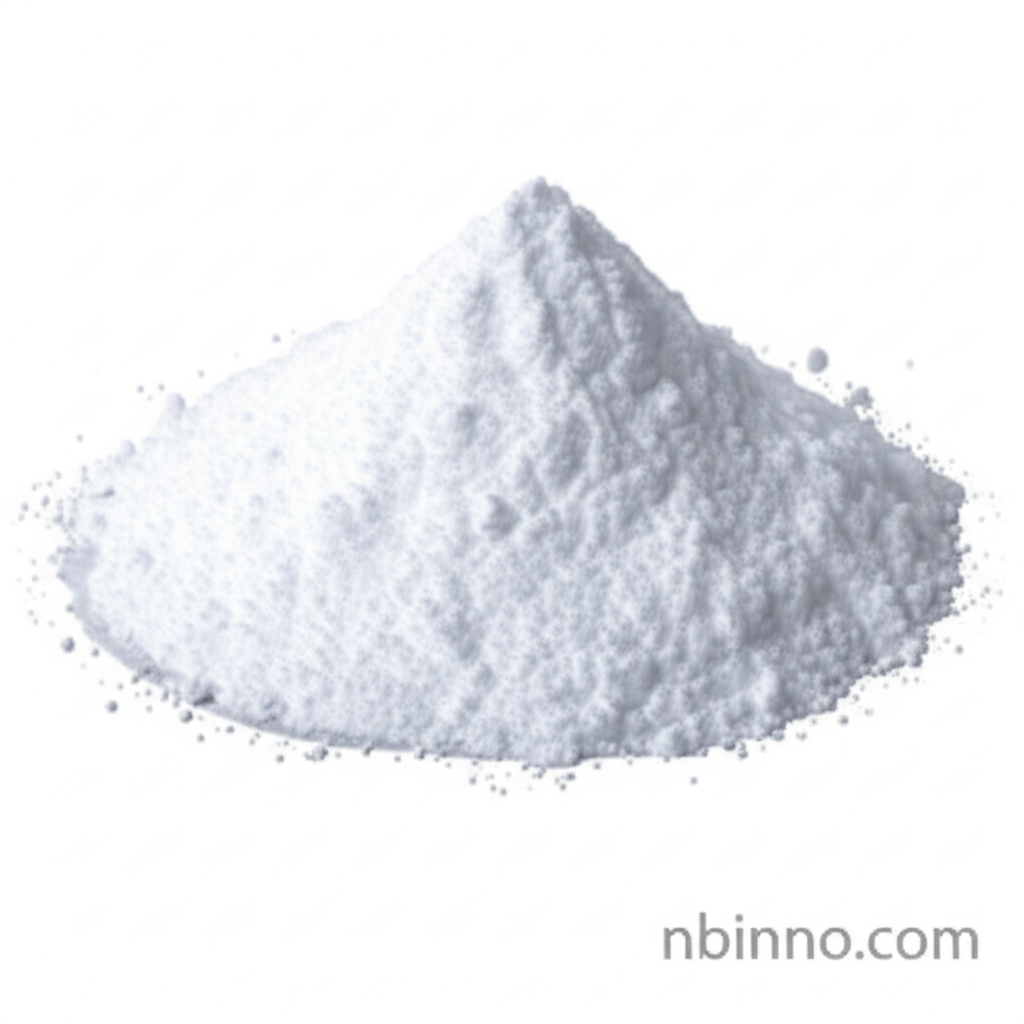Humanin Peptide: Neuroprotective Effects and Role in Cognitive Health
Exploring the neuroprotective potential of Humanin, a mitochondrial-derived peptide crucial for brain health and cognitive function.
Get a Quote & SampleProduct Core Value

Humanin Peptide Lyophilized Powder
Humanin (HN) is a fascinating peptide derived from mitochondria, recognized for its potent neuroprotective and anti-apoptotic properties. It shields cells from various detrimental stimuli, including oxidative stress and cytotoxicity, making it a key player in cellular survival and overall health.
- Discover the role of mitochondrial derived peptides in brain health and how humanin contributes to enhanced cognitive function over time.
- Understand the intricate relationship between humanin, synaptic plasticity, and the prevention of age-related cognitive decline.
- Learn how astrocyte humanin production and estrogen levels influence neural support and brain aging processes.
- Explore peptide therapies for cognitive impairment, with a focus on the applications of Humanin in potentially reversing or slowing down cognitive deterioration.
Product Advantages
Neuroprotection Against Stressors
Humanin effectively protects cells from oxidative stress and cytotoxicity, a crucial aspect for maintaining neural integrity and function in challenging conditions.
Support for Synaptic Plasticity
Research highlights Humanin's role in maintaining synaptic plasticity, essential for learning and memory, thereby contributing to overall cognitive performance.
Hormonal Regulation Insights
The influence of ovarian hormones on Humanin production and release by astrocytes provides valuable insights into hormone therapy's impact on brain health, particularly during menopause.
Key Applications
Neuroprotection
Humanin offers significant neuroprotection, safeguarding brain cells from damage induced by various pathological insults and stress factors, thereby aiding in the fight against neurodegenerative diseases.
Cognitive Enhancement
The peptide's influence on synaptic plasticity and its protective effects suggest potential for enhancing cognitive functions and mitigating age-related cognitive decline.
Cellular Health Maintenance
By supporting cell survival and function, Humanin contributes to maintaining cellular health, particularly in tissues with high metabolic demands like the brain.
Aging Research
The observed decrease in Humanin levels with age and its association with cognitive function make it a key area of research for understanding and potentially intervening in the aging process.
